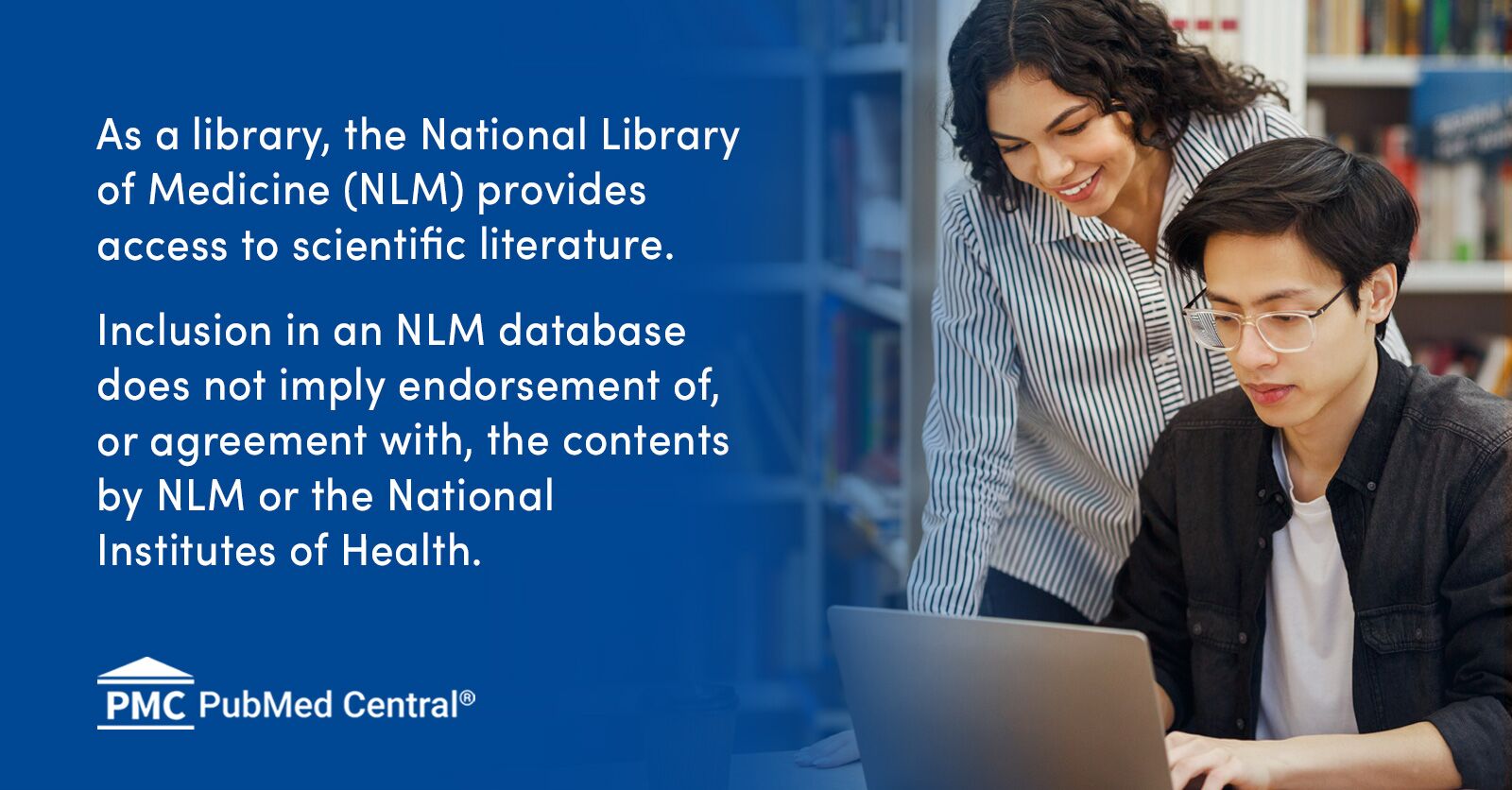polymath
Bluelight Crew
Not sure if this has been posted before, but it seems to explain why the effect of GHB is more pleasant and addictive than that of baclofen, despite both acting primarily on GABA-B receptors.

 www.ncbi.nlm.nih.gov
www.ncbi.nlm.nih.gov

GABAB receptor allosteric modulators exhibit pathway‐dependent and species‐selective activity
Positive modulation of the receptor () represents a potentially useful therapeutic approach for the treatment of nicotine addiction. The positive allosteric modulators (s) of 39783 and 177 enhance ‐stimulated [[35] S] γS‐binding, ...
Abstract
Positive modulation of the GABAB receptor (GABABR) represents a potentially useful therapeutic approach for the treatment of nicotine addiction. The positive allosteric modulators (PAMs) of GABABR GS39783 and BHF177 enhance GABA‐stimulated [35S]GTP γS‐binding, and have shown efficacy in a rodent nicotine self‐administration procedure reflecting aspects of nicotine dependence. Interestingly, the structural related analog, NVP998, had no effect on nicotine self‐administration in rats despite demonstrating similar pharmacokinetic properties. Extensive in vitro characterization of GS39783, BHF177, and NVP998 activity on GABABR‐regulated signaling events, including modulation of cAMP, intracellular calcium levels, and ERK activation, revealed that these structurally related molecules display distinct pathway‐specific signaling activities that correlate with the dissimilarities observed in rodent models and may be predictive of in vivo efficacy. Furthermore, these GABABR allosteric modulators exhibit species‐dependent activity. Collectively, these data will be useful in guiding the development of GABABR allosteric modulators that display optimal in vivo efficacy in a preclinical model of nicotine dependence, and will identify those that have the potential to lead to novel antismoking therapies.



